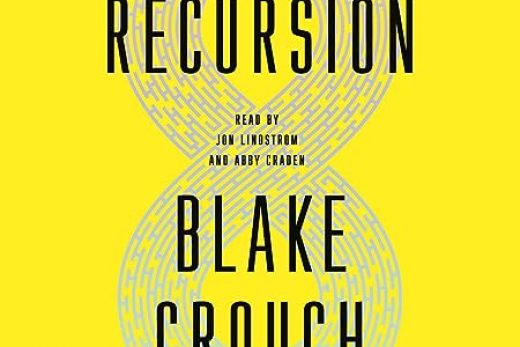In Billy Summers, Stephen King delivers yet another captivating tale, taking readers on a thrilling ride through the life of a skilled hitman seeking redemption. This compelling novel is a masterful exploration of the human psyche, delving into themes of morality, justice, and the power of personal choice. As we dive into the intricate world King has crafted, we will dissect the novel’s most striking elements and pose thought-provoking questions surrounding its central themes.
Billy Summers follows the story of the eponymous character, an expert hitman with a strict code of ethics: he only kills those he deems deserving of death. As Billy accepts one final job, hoping to leave his dark past behind, he finds himself on an unexpected journey that forces him to confront the consequences of his actions and question the very nature of his work.
King’s storytelling prowess is evident as he expertly weaves together multiple narrative threads, keeping readers engaged and invested in Billy’s story. He skillfully crafts a cast of well-developed characters, each with their own unique voice, which allows for a rich and immersive reading experience. Moreover, King’s exploration of the human experience, particularly in the face of adversity, is both insightful and thought-provoking.
One of the most striking aspects of Billy Summers is its exploration of morality and the idea that people can change. As Billy grapples with the consequences of his actions, readers are forced to confront their own beliefs about what it means to be good or evil, and whether redemption is truly possible. This theme is further emphasized through the novel’s portrayal of justice, both within the legal system and as it manifests in the actions of individuals.

A: King delves into the concept of redemption through the protagonist’s journey towards self-forgiveness and atonement for his past actions. As Billy seeks to leave his life as a hitman behind, he is faced with the challenge of reconciling his past and present selves, ultimately asking whether true change is possible.
Q: What role do secondary characters play in the narrative?
A: Secondary characters in Billy Summers serve to enrich the story and highlight various aspects of Billy’s character. They often act as catalysts for his growth and self-discovery, ultimately aiding in his pursuit of redemption and transformation.
Q: How does Stephen King create suspense and tension throughout the novel?
A: King masterfully builds suspense and tension through the use of dramatic irony, carefully paced plot developments, and the creation of high-stakes situations that force the characters to make difficult decisions. This keeps readers on the edge of their seats and fully invested in the outcome of the story.









